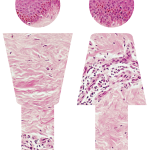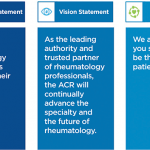Systemic sclerosis (SSc) is a disease characterized by immunologic abnormalities, microvascular involvement and tissue fibrosis. In previous studies, 10-year survival rates ranged from 50–84%. However, there are concerns that these studies, using prevalent cohorts, are underestimating mortality. “While the prognosis of many rheumatic diseases has improved with the availability of more effective and targeted therapies,…







